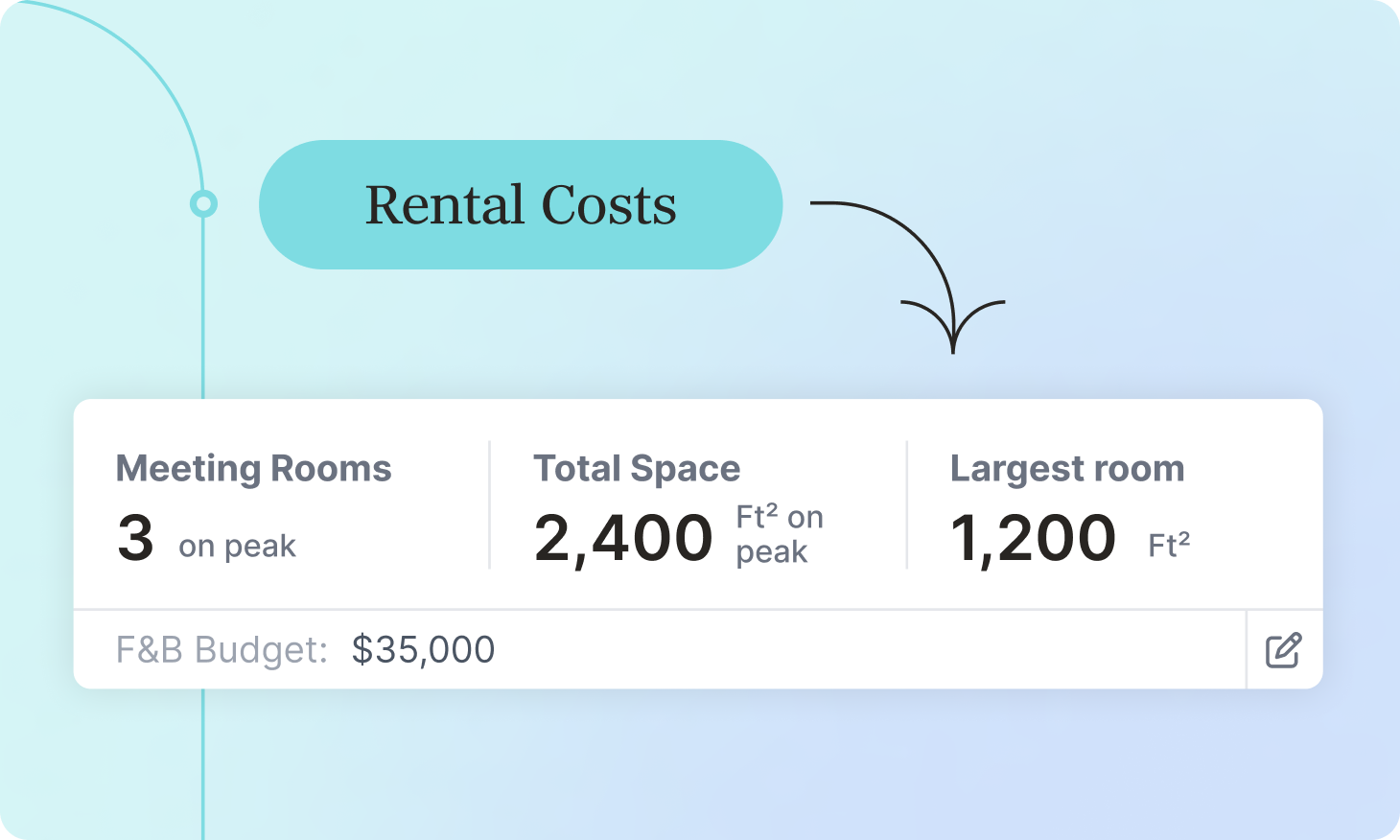
Hotel contracts can make or break your event. Whether you’re planning a corporate meeting, large-scale conference, or incentive trip, the fine print matters. In a recent Hopskip webinar, “Ask a Lawyer (Almost) Anything,” leading hospitality attorneys Barbara Dunn (Barbara Dunn Law) and Kelly Bagnall (Holland & Knight LLP) offered a deep dive into what planners and hoteliers need to know when reviewing and negotiating contracts.
From risk mitigation to the evolving role of AI in legal prep, here are the key takeaways from the session — optimized for quick learning and long-term value.
1. Avoid Common Pitfalls by Prioritizing Clarity
One of the biggest red flags in hotel contracts? Inconsistent language.
Barbara Dunn stressed the importance of using clear, uniform terms throughout a contract and cautioned against assuming templates are universally valid. Her advice:
“Slow the process down. Take your time to review terms, and always use a checklist to cover every contingency.”
✅ Pro Tip: Use a contract review checklist for every venue agreement.
2. Understand Indemnity and “Additional Insured” Clauses
Kelly Bagnall broke down a frequent point of confusion: naming the hotel as an additional insured.
“Once named, the hotel can file a claim directly with the group’s insurance provider.”
This underscores the need for both parties to understand their liability and the scope of their coverage. Dunn added that groups should never assume vendor coverage matches their own and should clarify terms before signing.
✅ Pro Tip: Always request certificates of insurance (COIs) from vendors and venues.
3. Focus on Issues, Not Just Language
Rather than engaging in a “battle of the clauses,” Dunn urged planners to take an issue-first approach:
“Come to the table with what matters to your organization and how you want it addressed.”
Likewise, Bagnall emphasized the importance of raising those issues during the RFP stage — not after a contract is drafted.
✅ Pro Tip: Add a legal “needs and risks” section to your internal RFP checklist to surface these items early.
4. Plan for Construction Impacts — Even the Unexpected
Construction is a recurring challenge, and contracts need to account for it. Bagnall pointed out that hotels can’t control everything:
“They often don’t have authority over city-led street work or nearby building projects.”
Planners should build in clauses requiring advance notice of construction and negotiation of remedies if disruptions occur.
✅ Pro Tip: Include a force majeure clause that covers construction-related disruption or noise.
5. Federal Orders Rarely Trigger Cancellations
Can an executive order or federal emergency void a contract? Usually not.
“In my opinion,” Bagnall explained, “government declarations have not typically met the bar for cancellation clause exceptions.”
Instead, Dunn recommended proactively negotiating language to account for known or possible risks such as pandemics or travel bans.
✅ Pro Tip: Work with legal counsel to customize your force majeure language based on current global realities.
6. Be Smart with AI Tools in Legal Prep
AI can be a helpful co-pilot, but it doesn’t replace a lawyer. Dunn and Bagnall agreed that while tools like ChatGPT can help explain legal concepts or generate ideas, they come with serious limitations:
“Never input sensitive or confidential information into an open AI system.”
✅ Pro Tip: Use AI to understand terminology, then verify language with a qualified attorney. See this resource from the ABA on how legal professionals are evaluating AI.
Final Thoughts: Legal Strategy is a Competitive Edge
This webinar reaffirmed that contracts aren’t just a formality — they’re a strategic tool.
Whether you’re a planner or a hotelier, investing time in legal education and contract negotiation pays off in avoided risks and smoother events. As Barbara Dunn put it:
“Protect the meeting as the asset that it is.”
Missed the webinar? A full replay is available on demand — watch here.
Want to stay ahead of future events like this? Follow Hopskip on LinkedIn for updates.
Disclaimer: This blog is intended for informational purposes only and does not constitute legal advice. Always consult a qualified attorney before making legal or contractual decisions.
About Hopskip
Hopskip is the fastest way for meeting planners and hotels to collaborate on sourcing, proposals, and contracts. Get started for free myhopskip.com.












